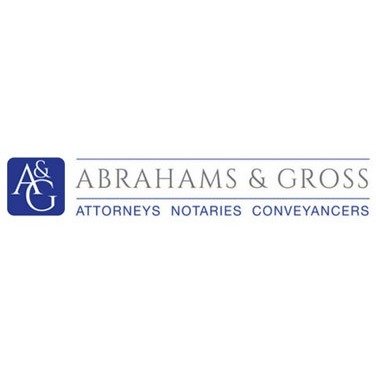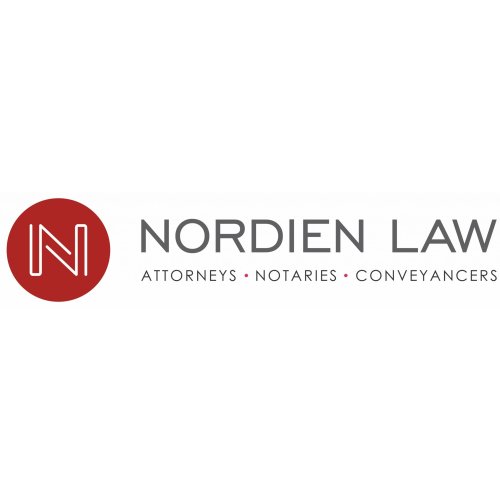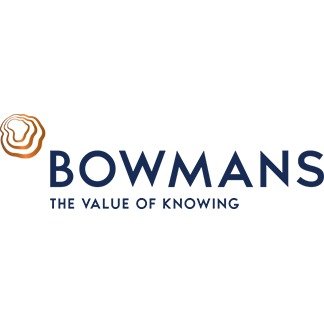Best Tax Lawyers in Cape Town
Share your needs with us, get contacted by law firms.
Free. Takes 2 min.
List of the best lawyers in Cape Town, South Africa
About Tax Law in Cape Town, South Africa
Tax law in Cape Town, South Africa, is governed by national legislation, with guidance from the South African Revenue Service (SARS). Taxation includes income tax, value-added tax (VAT), customs and excise duties, and more, applicable to individuals and businesses. Cape Town, as a major economic hub, has diverse tax regulatory requirements affecting various industries, making compliance a significant focus for both individuals and businesses operating in the region.
Why You May Need a Lawyer
Engaging a tax lawyer can be invaluable in several scenarios. These include contentious tax audits, complex tax planning for businesses or individuals, interpreting tax legislation and its impact on your transactions, resolving disputes with SARS, and estate planning to maximize tax efficiency. A lawyer can also assist when facing penalties or if you need to challenge a CRA decision or represent you in tax tribunals or courts.
Local Laws Overview
Cape Town's tax environment is shaped by both national and municipal regulations. Key aspects include adherence to the Income Tax Act and the Value Added Tax Act, which dictate federal tax obligations. Local municipal taxes, such as property rates and service levies, are pertinent for residents and businesses in Cape Town. Specific regulations around capital gains tax, estate duty, and customs duties also play significant roles. Understanding how these laws influence your financial statements ensures compliance and helps in strategic tax planning.
Frequently Asked Questions
What are the primary taxes I should be concerned about in Cape Town?
Individuals should be aware of income tax, VAT on goods and services, and property rates. Businesses must consider corporate tax, VAT, and other industry-specific taxes such as employment and customs taxes.
How can I minimize my tax liability?
Tax liability can be minimized through efficient tax planning, which includes making legitimate claims on deductions and rebates, investments in tax-free savings accounts, and utilizing incentives provided by SARS for businesses and investors.
What is the role of SARS?
SARS is South Africa's national tax collecting agency responsible for administering the tax laws, assessing tax filings, collecting taxes, and ensuring compliance with tax legislation in the region.
How frequently do tax laws change in South Africa?
Tax laws in South Africa can change annually, primarily as a result of the national budget announcement. It's important to stay updated on these changes, often released at the beginning of the fiscal year.
What are the penalties for tax non-compliance?
Penalties for non-compliance can include fines, interest charges on overdue taxes, additional assessments from SARS, and in severe cases, legal action or imprisonment.
Can I negotiate my tax debt with SARS?
Yes, it is possible to negotiate tax debts with SARS through a legally regulated process such as a compromise agreement or the Voluntary Disclosure Program, both requiring legal expertise for favorable outcomes.
What is the tax year in South Africa?
The tax year for individuals typically runs from March 1 to the end of February the following year. Businesses may have different financial year ends and should verify their specific tax periods.
Do I need to register for VAT?
If your business's turnover exceeds the threshold of R1 million over a 12-month period, you are required to register for VAT. Below this threshold, registration is optional, offering some strategic advantages.
What should I do if I receive a tax audit notification from SARS?
It is advisable to consult with a tax lawyer immediately to understand the scope of the audit and to ensure proper representation in furnishing accurate documentation and negotiation with SARS.
Is estate duty applicable to properties in Cape Town?
Yes, estate duty is applicable to properties in South Africa. It applies to the taxable estate of deceased persons, and efficient estate planning can mitigate applicable taxes.
Additional Resources
People seeking legal advice on tax in Cape Town can refer to the South African Revenue Service (SARS) for guidelines and updates. The Tax Ombud can assist with complaints against SARS. For personalized advice, joining the South African Institute of Tax Professionals (SAIT) or consulting directories of registered tax professionals can be valuable.
Next Steps
If you need legal assistance with tax issues, start by identifying the specific nature of the advice or service you require. Reach out to qualified tax lawyers or consultants who specialize in South African tax law. Consider organizing a consultation to assess your needs and discuss potential outcomes. It's vital to gather all relevant documentation and be clear on your objectives to ensure effective assistance.
Lawzana helps you find the best lawyers and law firms in Cape Town through a curated and pre-screened list of qualified legal professionals. Our platform offers rankings and detailed profiles of attorneys and law firms, allowing you to compare based on practice areas, including Tax, experience, and client feedback.
Each profile includes a description of the firm's areas of practice, client reviews, team members and partners, year of establishment, spoken languages, office locations, contact information, social media presence, and any published articles or resources. Most firms on our platform speak English and are experienced in both local and international legal matters.
Get a quote from top-rated law firms in Cape Town, South Africa — quickly, securely, and without unnecessary hassle.
Disclaimer:
The information provided on this page is for general informational purposes only and does not constitute legal advice. While we strive to ensure the accuracy and relevance of the content, legal information may change over time, and interpretations of the law can vary. You should always consult with a qualified legal professional for advice specific to your situation.
We disclaim all liability for actions taken or not taken based on the content of this page. If you believe any information is incorrect or outdated, please contact us, and we will review and update it where appropriate.
















